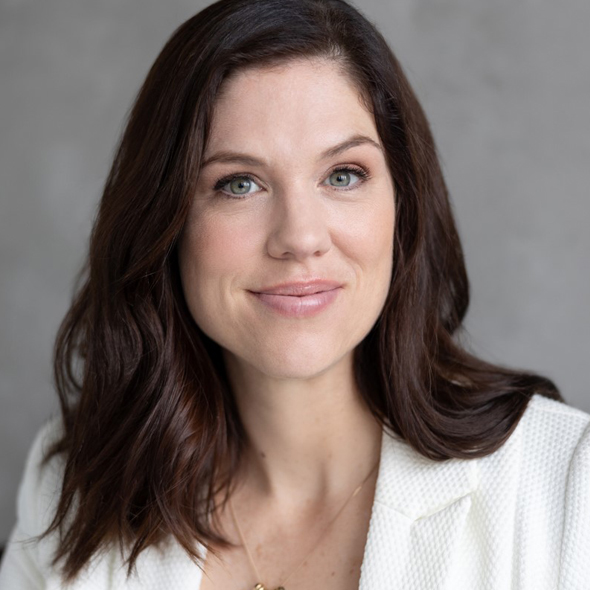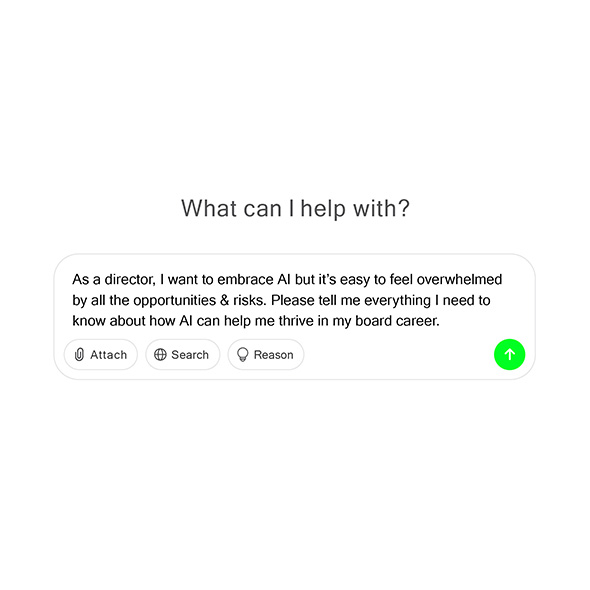Co-founded by oceanographer Dr Julia Reisser and lawyer Michael Kingsbury, startup ULUU has developed a natural polymer from seaweed that is biodegradable, sequesters carbon and may offer opportunities to replace plastics.
Julia Reisser
Before I started to research plastic pollution, I was studying sea turtles in Brazil. During times of the year when there are storms, 20 to 30 dead turtles would wash up on the beach. We would perform necropsies on them to find out how they died and 100 per cent would have ingested plastics — it was the main thing they were eating. We found entire cups, straws and fishing nets — their intestines were so full of plastic they couldn’t poo or dive — they would just float. They would get tired and be hit by fishing boats, or the wind would bring them to shore. That’s when I realised there was a problem.
In 2009, I came to Australia — initially to learn English, then got a scholarship to do my PhD. As I started to deep dive into the problem of turtles and plastics, I realised the problem of plastic pollution is way broader — affecting the oceans and the land.
After finishing my PhD in 2014, I wanted to focus on possible solutions. I realised the real solution is leaving behind plastics, because they are created from fossil fuels. The alternative is Polyhydroxyalkanoate (PHA), a naturally occurring biodegradable polymer.
PHA is very clever. Being waterproof, it’s the only natural material that can mimic plastic. If it gets into the lungs, the body can digest it. If it ends up in the ocean, it will not be there forever because it is biodegradable. We know about PHAs because they exist in nature — think cotton and silk. My idea was to replicate the natural process on an industrial scale.
In 2018, I worked closely with Andrew “Twiggy” Forrest AO — helping him with his PhD in marine science. I also learned a lot from him about how to use business for change.
I met [co-founder] Michael in 2019 through a colleague at Andrew’s Minderoo Foundation and in 2020, we spent a year working on ULUU to see whether it was something we wanted to leave our jobs for. Michael has a beautiful mind in terms of understanding the commercial side of things.
I trust my gut and make decisions quickly. I’m obsessed with science, and after meeting Michael, I’ve become a bit obsessed with business as well.
ULUU makes a polymer from seaweed. The planet needs more marine plants like seaweed, because it cleans the oceans. As far as we know, we are the only commercial startup or business focused on seaweed PHAs. Our process is sustainable and it’s produced via fermentation — like brewing beer — using saltwater microbes. We have this wonderful opportunity to use our material to replace plastic in many areas — from outdoor clothing to car interiors.
We are working with brands and manufacturers to retrofit their equipment to use our polymer. At the moment, our plan is for it to be commercially available by 2024. We will start by purchasing seaweed from Indonesia — the world’s second largest producer of seaweed after China. Workers in remote communities (65 per cent female) put baby seaweeds on a rope in the shallows to grow. It’s then sold to the hydrocolloid industry to make things like toothpaste. Our dream is to find remote communities in Australia where females are interested in this type of work — and there could be a knowledge transfer from Indonesia to build seaweed farms.
ULUU’s timing is right. We are at a moment in history where people want to see change. Impact investing is where the world wants to go. Investors are listening, politicians are listening and business leaders are listening. The funding is there.
Michael Kingsbury
I’ve always loved the water and lived near it. It’s part of who I am and what makes me happy. I especially love surfing and am a competitive long- distance open-water swimmer. I learned about the problem of plastics in the ocean — and particularly microplastics — through Julia.
Her strength is in understanding the plastic industry and its impacts. She is incredibly bright and a great problem-solver. My background is more commercial. I was previously a M&A (mergers and acquisitions) lawyer and a principal at BHP in business strategy. I’ve always loved emerging technologies and investments.
Julia is also very action-orientated, whereas I’m probably more considered. We come at things from different perspectives, but we always kind of align: it’s a good, balanced approach to decision-making. At the moment, our board is comprised of just Julia and I. That reflects us being at an early stage, although we are growing pretty fast. We also have a technical advisory board and a commercial advisory board, which provide help with decision-making. My dad has his own business in communications and marketing, and I often ask for his perspective on things. Having a co-founder is really important as well. No-one else understands what you’re going through as much as the person who’s also going through it with you.
Julia and I put a pitch deck together in 2020 to raise angel funding.
I had some good relationships with a number of venture capital funds initially, but what helped us the most was participating in a startup accelerator called Startmate. We were introduced to angel investors and that is how we got our first round of investment. It gave us some money to get into the lab and start prototyping in 2021. Then we raised some institutional funds from venture capital firms.
ULUU produces natural polymers from seaweed and saltwater microbes via natural fermentation (top); co-founders Michael Kingsbury and Julia Reisser (above) (ULUU is backed by CSIRO venture capital fund Main Sequence Ventures, Sydney impact investment fund Alberts Impact Ventures and family office group and private investment firm The Eights.)
We’re very grateful to have ambitious investors who want to give ULUU a shot. It wasn’t too difficult to find like-minded people — there is an appetite for high-risk but high-reward goals. Often, when we spoke to investors, they were enthusiastic about trying to solve a big environmental problem.
Latest news
Already a member?
Login to view this content



